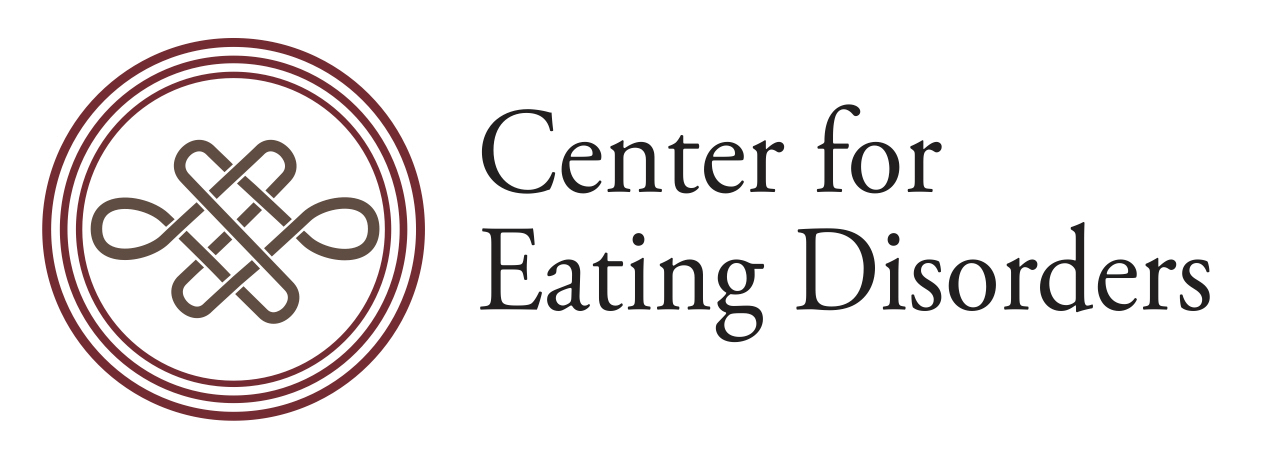Families and friends are essential assets in the treatment of eating disorders. People who have recovered from eating disorders report that “relationships” and the support of loved ones is one of the key factors that helped them recover.
The Center for Eating Disorders believes that parent involvement in the treatment of children and teens with eating disorders can significantly improve treatment effectiveness and protect against relapse. Thus, whenever possible we encourage families to work as part of the treatment team. We use the principles of Family Based Therapy (FBT) to coach parents and loved ones on how to support their child or adolescent’s refeeding and eating normalization.
We believe in the healing power of relationships for clients of all ages. In the treatment of older adolescents and adult patients we seek the supportive involvement of families, significant others/spouses, and close friends.
If you have a loved one with an eating disorder, our staff can assist you in effective ways to intervene to help her/him get specialized eating disorder treatment. We can also direct you to support and education resources you may help you better understand eating disorders and the recovery process.
Call 734-668-8585 or email info@center4ed.org for more information.

